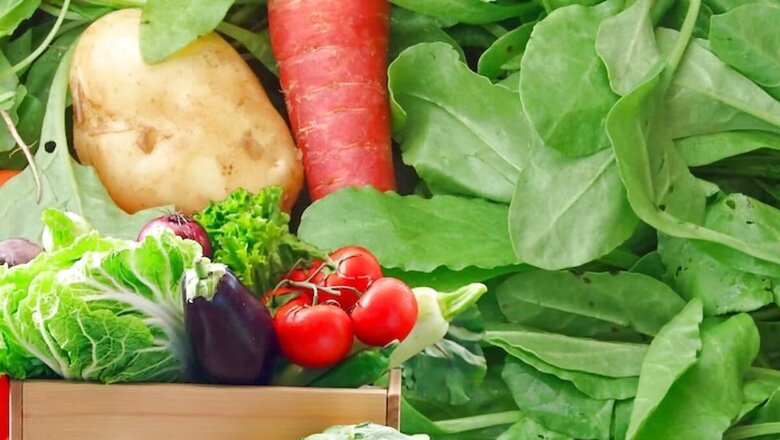
views
The human body primarily stores about 99 per cent of its calcium in bones, utilising the remaining one per cent for muscle function, blood clotting and other essential bodily processes. According to the National Institute of Health (NIH), adults are recommended to consume 1,000 mg of calcium daily, with women over 50 advised to increase their intake to 1,200 mg during pregnancy and breastfeeding. However, a prevalent concern among individuals aged 30 to 40 is the deficiency of calcium and vitamin D, often stemming from inadequate dietary habits. This deficiency can lead to various health issues such as arthritis, osteoporosis, joint pain and bone fractures as one age.
To address this concern, Rohit Yadav, a dietician at Central Command Hospital in Lucknow, recommends incorporating calcium-rich foods into daily diets. These foods are not only cost-effective but also contribute significantly to bone health and overall well-being.
Poppy Seeds:
Poppy seeds are a valuable addition to the diet as they provide essential nutrients such as calcium, iron and healthy fats. Despite being readily available and cost-effective, their consumption should be moderate due to their hot nature.
Milk and Dairy Products:
Milk and dairy products remain unparalleled sources of calcium, yet their consumption tends to decline with age. Regular intake of milk helps prevent bone-related issues later in life. Additionally, dairy products offer higher calcium content compared to other foods, making them indispensable for maintaining bone health.
Chia Seeds:
For individuals unable to afford expensive calcium-rich foods like fish and tofu, chia seeds serve as a viable alternative. These seeds are rich in calcium, omega-3 fatty acids and protein, offering approximately 400 to 600 mg of calcium per 100-gram serving at an affordable price, typically below Rs 50 in India.
Green Leafy Vegetables:
Green leafy vegetables, such as spinach and kale, are excellent sources of calcium, along with a plethora of other essential nutrients including vitamins A, C, E, K, iron and fibre. Incorporating these vegetables into the diet ensures an adequate intake of calcium while providing numerous health benefits.
By incorporating these cost-effective calcium-rich foods into their diets, individuals can mitigate the risk of calcium deficiency and associated health issues, ensuring optimal bone health and overall well-being.




















Comments
0 comment